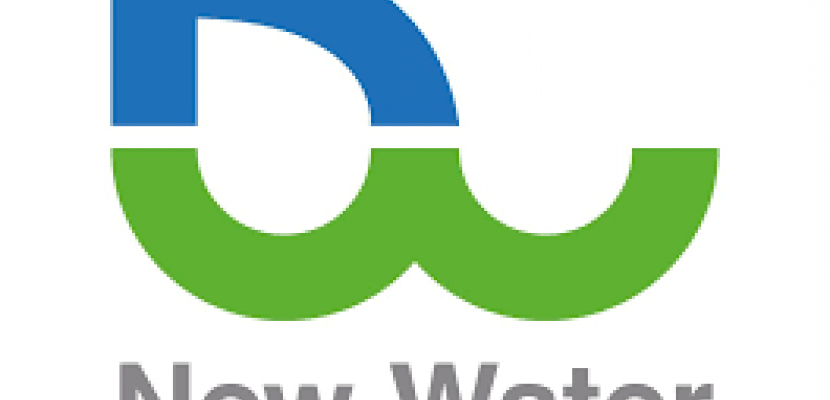Image

New Water - Highly Polished Treated Effluent
Published on 14 May 2020

Malta
This is the good practice's implementation level. It can be national, regional or local.
About this good practice
This proposed best practice gives the agriculture sector a new source of water which is safe to be used for irrigating crops without jeopardizing the health of the consumer or negatively impacting the environment.
The three polishing plants built for the "New Water" project, have the capacity to produce up to 70 million m3 of highly-polished reclaimed water using a four-barrier treatment process entailing ultra-filtration, membrane desalination and advanced oxidation stages, in addition to the activated sludge treatment process in the primary treatment plant.
Water produced from the polishing plants can address around 35% of the water demand of the agriculture sector in the Maltese Islands. This will reduce the dependence of the sector has on natural resources whilst also ensuring a constant supply of irrigation water for crop production throughout the year.
The three polishing plants built for the "New Water" project, have the capacity to produce up to 70 million m3 of highly-polished reclaimed water using a four-barrier treatment process entailing ultra-filtration, membrane desalination and advanced oxidation stages, in addition to the activated sludge treatment process in the primary treatment plant.
Water produced from the polishing plants can address around 35% of the water demand of the agriculture sector in the Maltese Islands. This will reduce the dependence of the sector has on natural resources whilst also ensuring a constant supply of irrigation water for crop production throughout the year.
Expert opinion
The good practice is an excellent example of a highly innovative technological solution for polishing treated effluent with the goal of distributing reclaimed water for irrigation purposes. The success of the system is proven by the increasing interest for access to the system and the improved security of water supply for the agricultural sector. The system could be of interest to dry areas in Southern Europe. Interested parties could further explore the technical aspects of the system, etc.
Resources needed
The New-Water Project has been co-financed by the European Union under the EAFRD and ERDF funding programmes, with a total project cost of €20 million, including national financing.
Evidence of success
The reclaimed water being produced is mainly used by the local agriculture sector as an alternative for natural water resources. The use of this non-conventional water resource is contributing to the restoration of natural water bodies to their natural qualitative and quantitative status, as the agriculture sector is becoming less dependent on these groundwater bodies.
Through the increase in production of New Water, the agriculture sector has also gained a higher level of security of supply.
Through the increase in production of New Water, the agriculture sector has also gained a higher level of security of supply.
Potential for learning or transfer
This practice has the potential to transfer technological information regarding the treatment methods and technology used, including the four-barrier water reclamation process to obtain high quality irrigation water. This barrier process ensures that the final product is guaranteed to be safe for irrigation and will not endanger humans, animals and the environment in general.
Water scarce countries can apply this approach to reuse wastewater and this reduce the dependency on natural water resources and increasing security of supply, whilst also creating circularity that is in line with the EU's action plan towards Circular Economy.
Water scarce countries can apply this approach to reuse wastewater and this reduce the dependency on natural water resources and increasing security of supply, whilst also creating circularity that is in line with the EU's action plan towards Circular Economy.
Further information
Website
Good practice owner
You can contact the good practice owner below for more detailed information.
Organisation
Energy and Water Agency

Malta
Malta
Contact
Officer